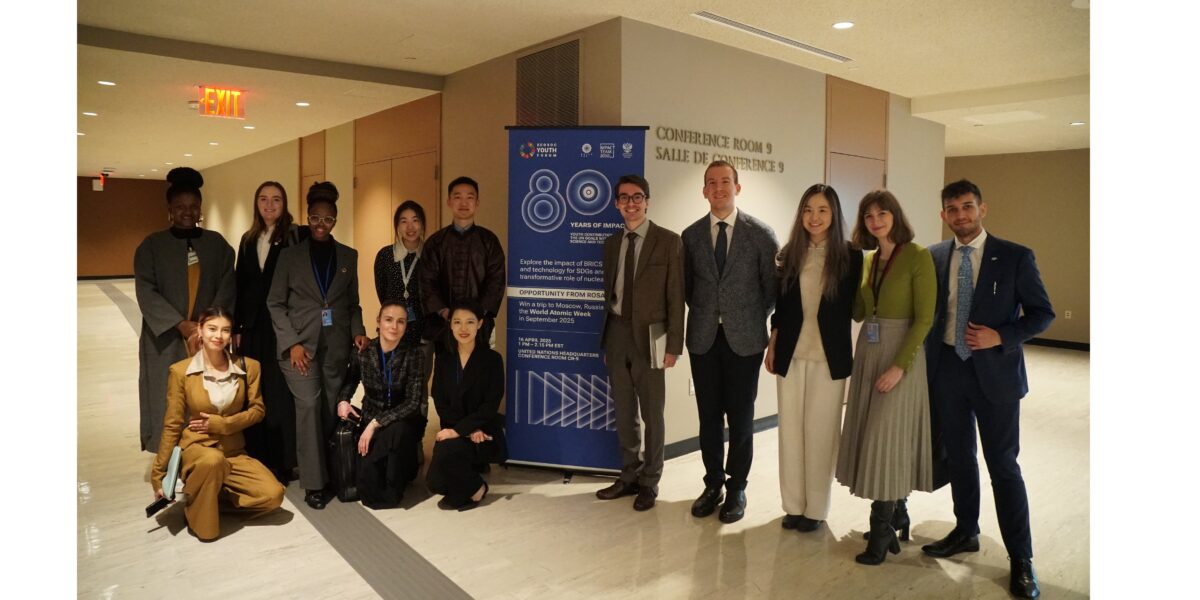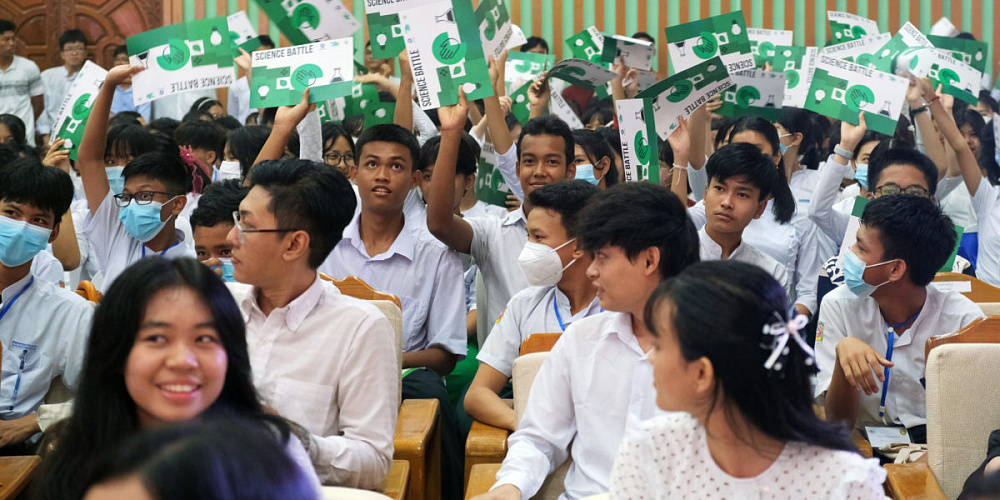On 6 October 2025, during her working visit to the site of Russia's first gigafactory for lithium-ion energy storage devices in Neman, Kaliningrad Oblast, Natalia Nikipelova, President of Rosatom’s TVEL Fuel company, presented Fyodor Konyukhov, the legendary traveler, with a portable battery made by Rosatom. This battery has several features that make it resistant to harsh environmental conditions. It will be used by Fyodor Konyukhov during his expedition to the South Pole.
"The typical distinctive characteristics of Rosatom's technologies and products are the rigorous testing and verification they undergo. Our products that we will offer to the market tomorrow are being tested in a variety of conditions, including extreme ones, today. We have recently tested an Atom electric vehicle equipped with our batteries at the North Pole. This demonstrate that our technology can be used in any environment. Today, we continue this tradition, and our lithium-ion battery is going to the South Pole with a new expedition. We would like to thank Fyodor Konyukhov, a great explorer, for his kind consent to test our technology under Antarctic conditions," said Natalia Nikipelova.
"On a polar expedition, every gram and every watt counts, and equipment failure can be catastrophic. I rely on proven technology, and it is a great honor to be chosen by Rosatom to test their equipment on my new expedition. This battery will undergo tesing in extreme conditions, but I am sure that Russian technology won't let me down," said Fyodor Konyukhov.
The robust and strong casing of the battery, presented to Konyukhov, is IP55-rated for dust and water resistance when closed. Its impressive capacity is sufficient to meet the basic power requirements of household appliances for several days. The battery also offers a variety of connectors for consumer use and remains capable of generating power even in cold conditions.
The Fuel
division of Rosatom (the managing company is TVEL) includes nuclear fuel
fabrication facilities, uranium conversion and enrichment companies, gas
centrifuge manufacturers, and research and design organizations. TVEL is the
sole supplier of nuclear fuel for Russian NPPs, providing fuel for more than 70
power reactors in 15 countries, as well as research reactors in nine countries
and propulsion reactors for the Russian nuclear fleet. TVEL fuel powers one in
six reactors worldwide. The division is the largest producer of enriched
uranium and a leader in the global market for stable isotopes. The Fuel
division is also actively expanding its business into new areas such as
chemistry, metallurgy, energy storage technologies, 3D printing, and digital products,
as well as decommissioning of nuclear facilities. http://www.tvel.ru
The Energy
Storage business is part of the Fuel division. Its mission is to ensure
lithium-ion batteries production for uninterruptible and trouble-free power
supply, as well as for hybrid systems that use renewable energy sources,
traction batteries for electric vehicles and special-purpose equipment, etc.
The gigafactory construction projects to produce lithium-ion cells and energy
storage batteries are underway in the Kaliningrad Oblast and New Moscow. The
Kaliningrad factory is scheduled to start production in 2025, while the New
Moscow factory is expected to start in 2026. The forecasts suggest that these
factories will produce devices with a combined capacity of approximately 8
gigawatt-hours, which is enough to power around 100,000 electric vehicles each
year. In addition to standard systems, the in-house research and development
center can also create customized solutions tailored to special needs. The team
provides support for the project from R&D to production and maintenance
services.
The Gigafactory in Neman is the first full-scale facility that will produce lithium-ion storage systems in the country. This project is part of a broader strategy to establish a comprehensive network for the production of energy storage devices in Russia, from raw materials to finished products. The products manufactured at the factory will be used in electric vehicles, water transport, special-purpose equipment, backup and uninterruptable power supply systems, and renewable energy sources. The initial capacity of the facility is 4 gigawatt-hours (GWh) per year, which is enough to power about 50,000 electric cars. Over time, the capacity will increase to 14 GWh, which will create hundreds of high-skilled jobs for engineers, technicians, and designers in the region.




